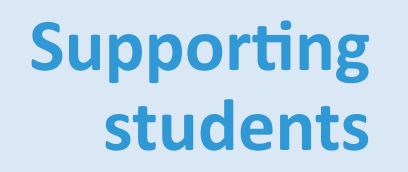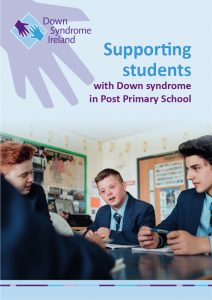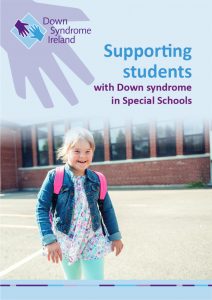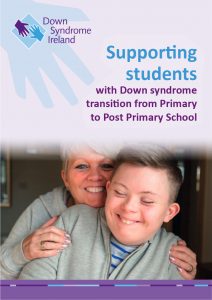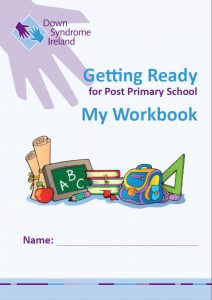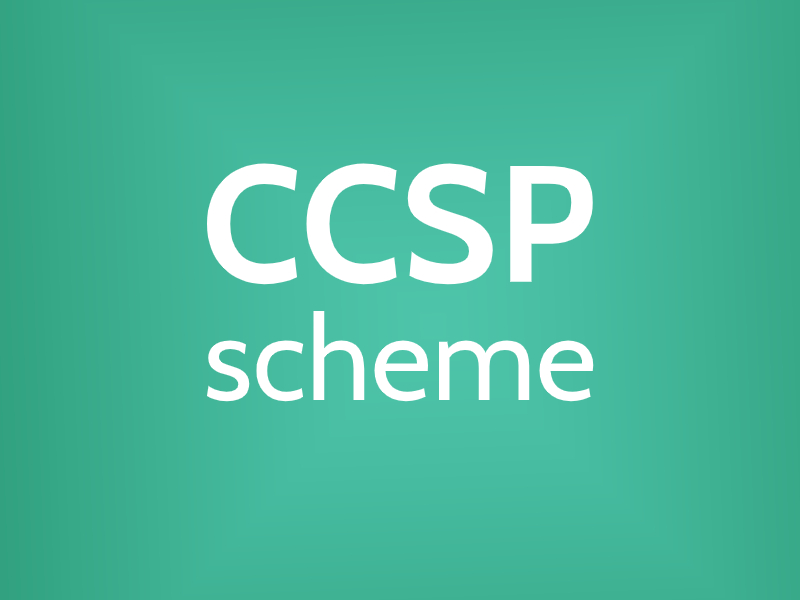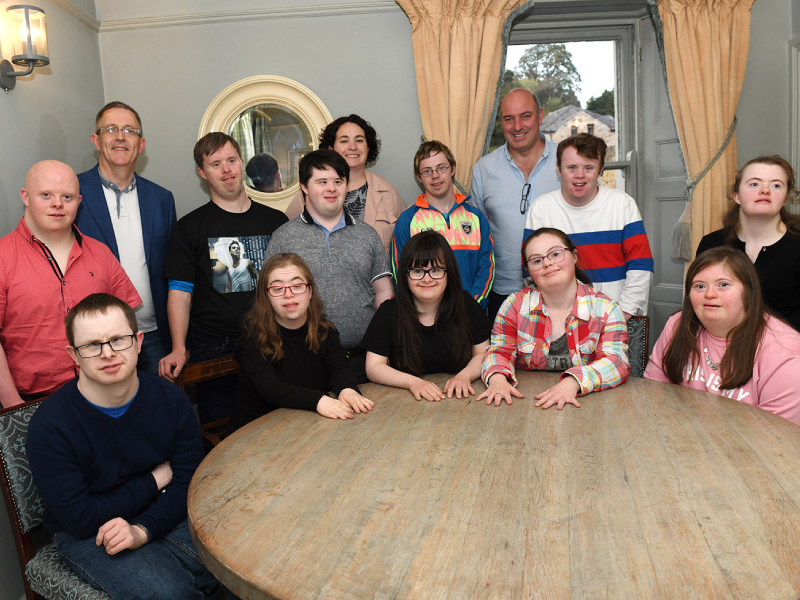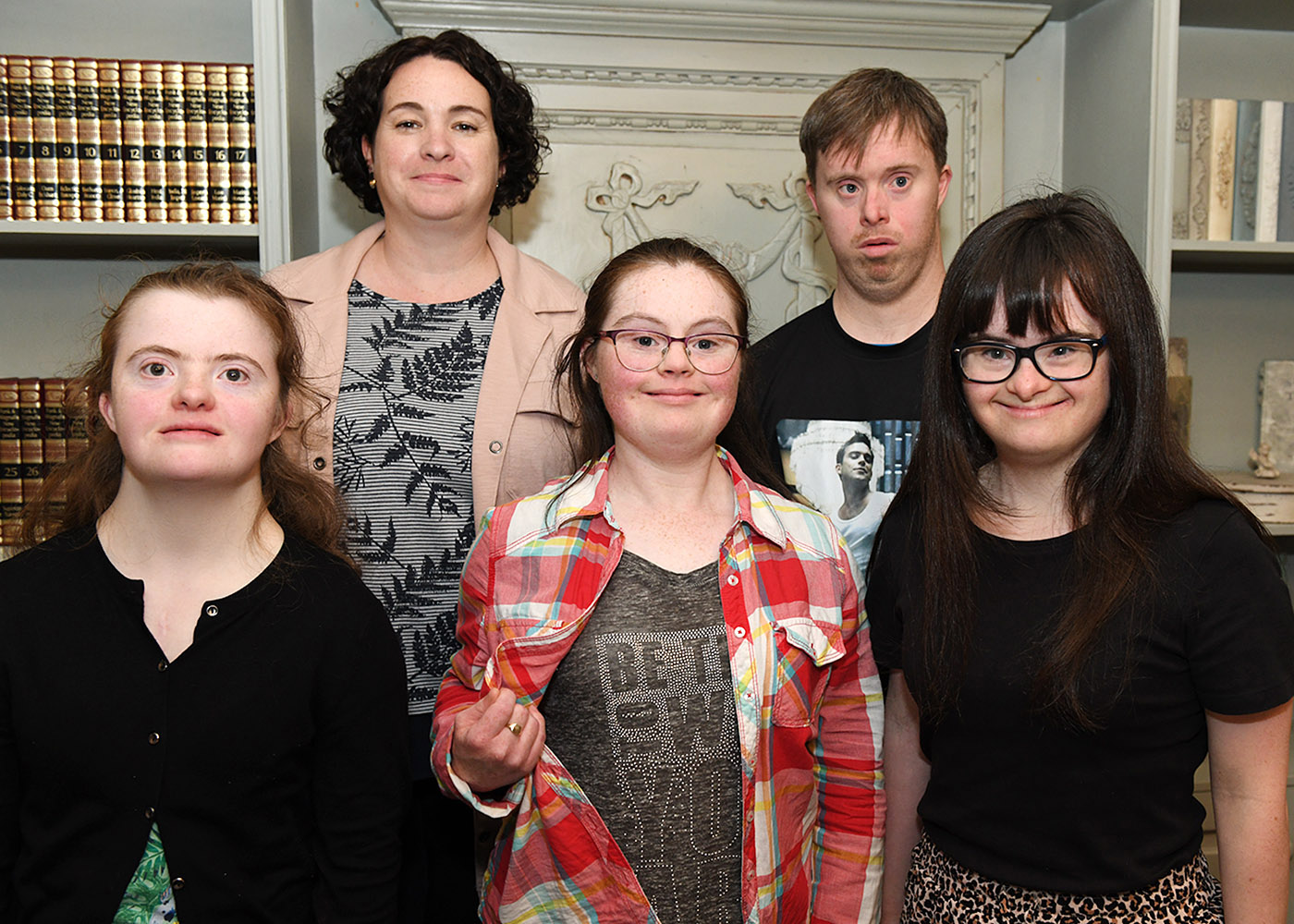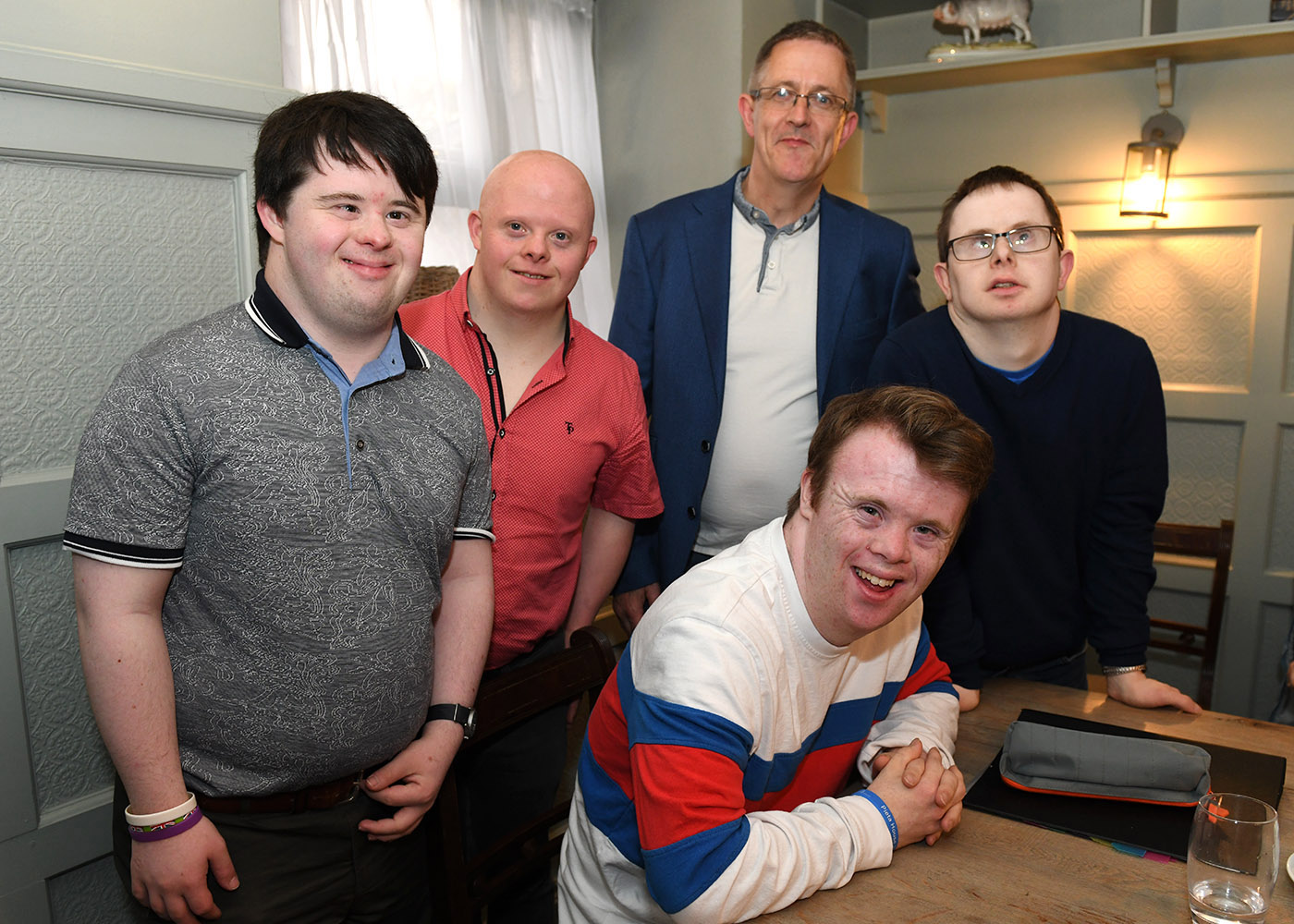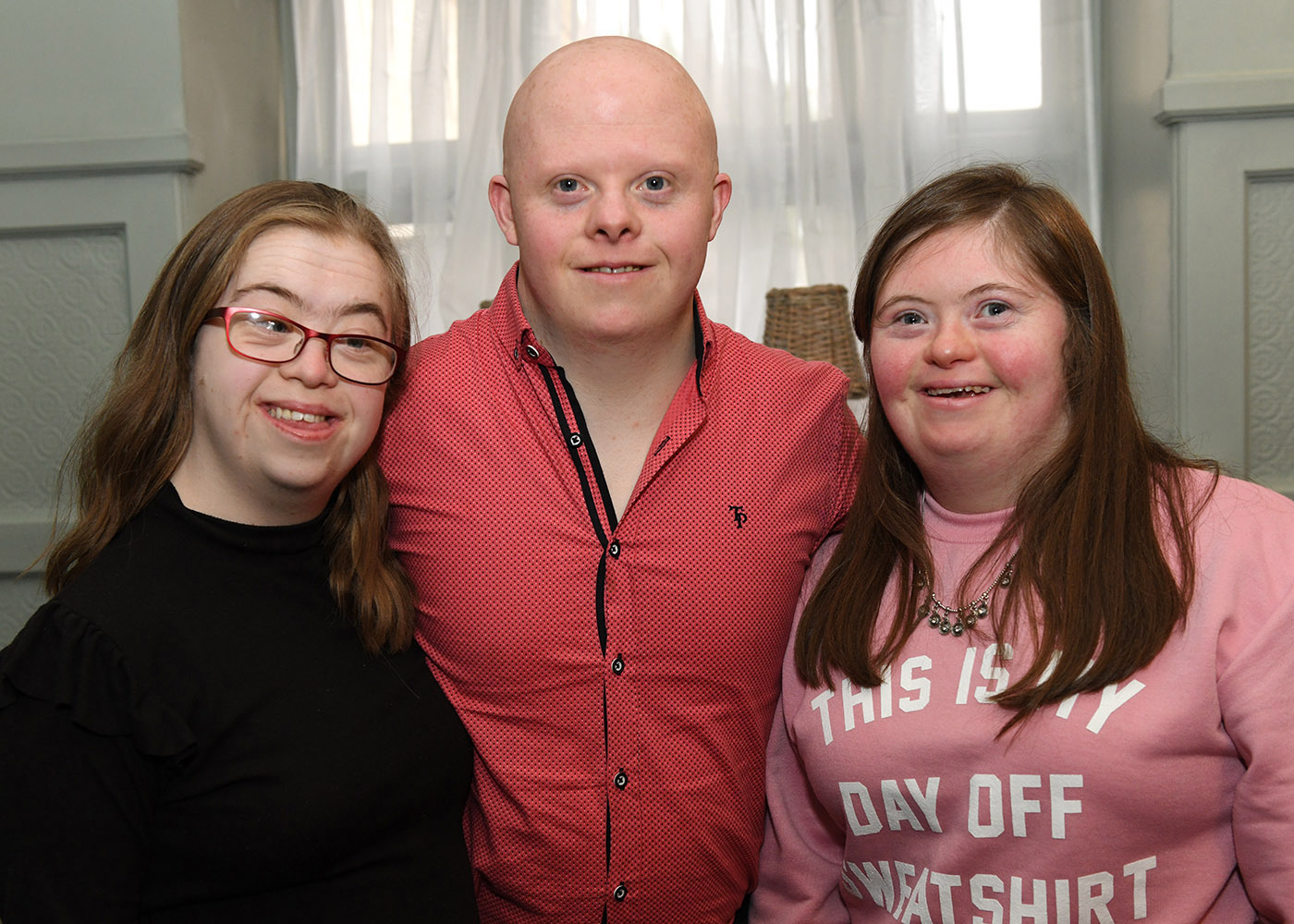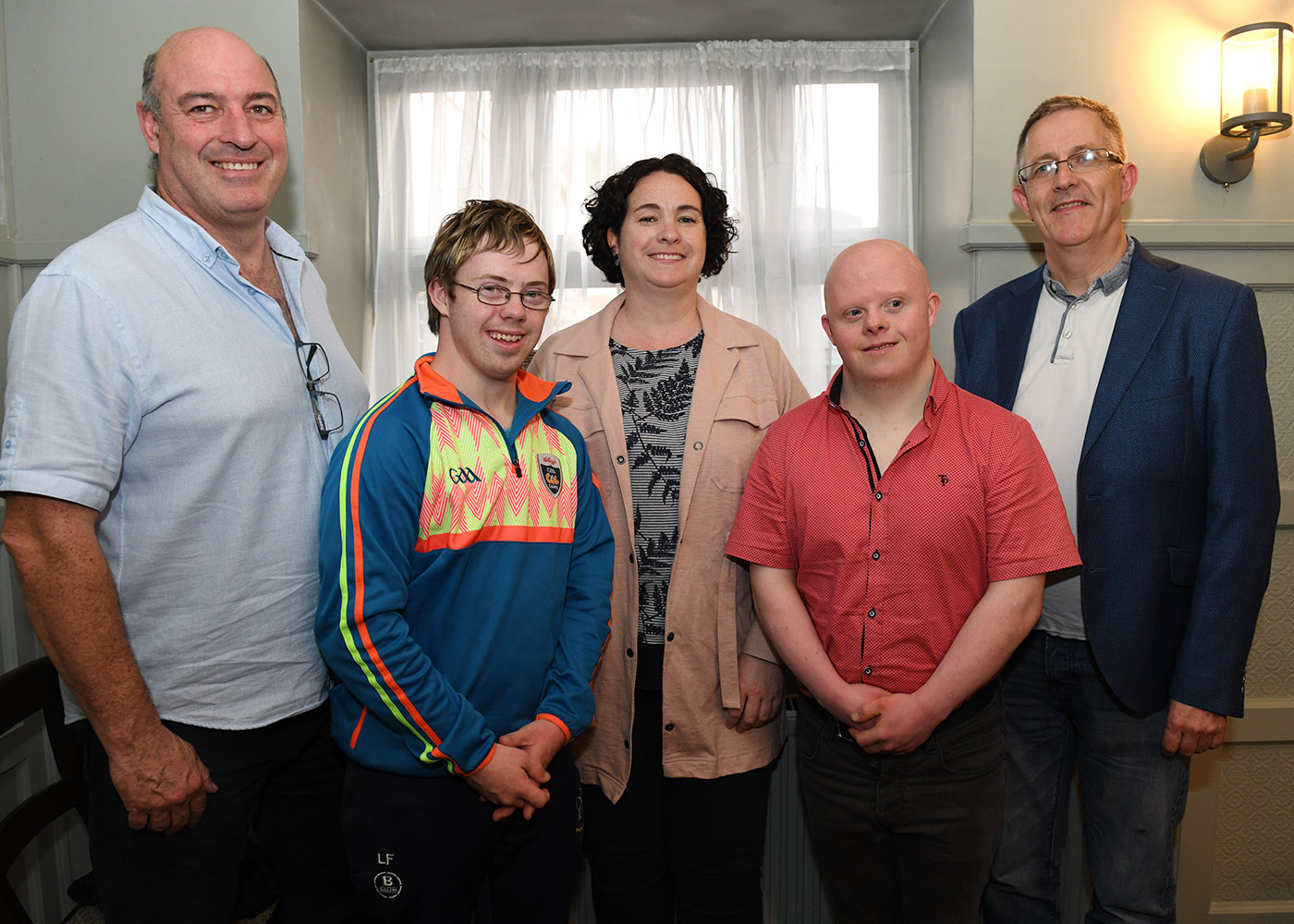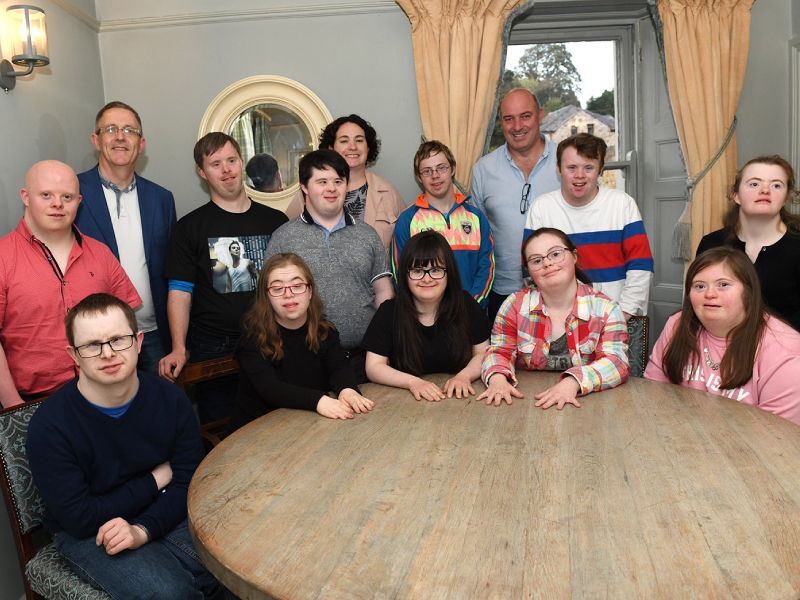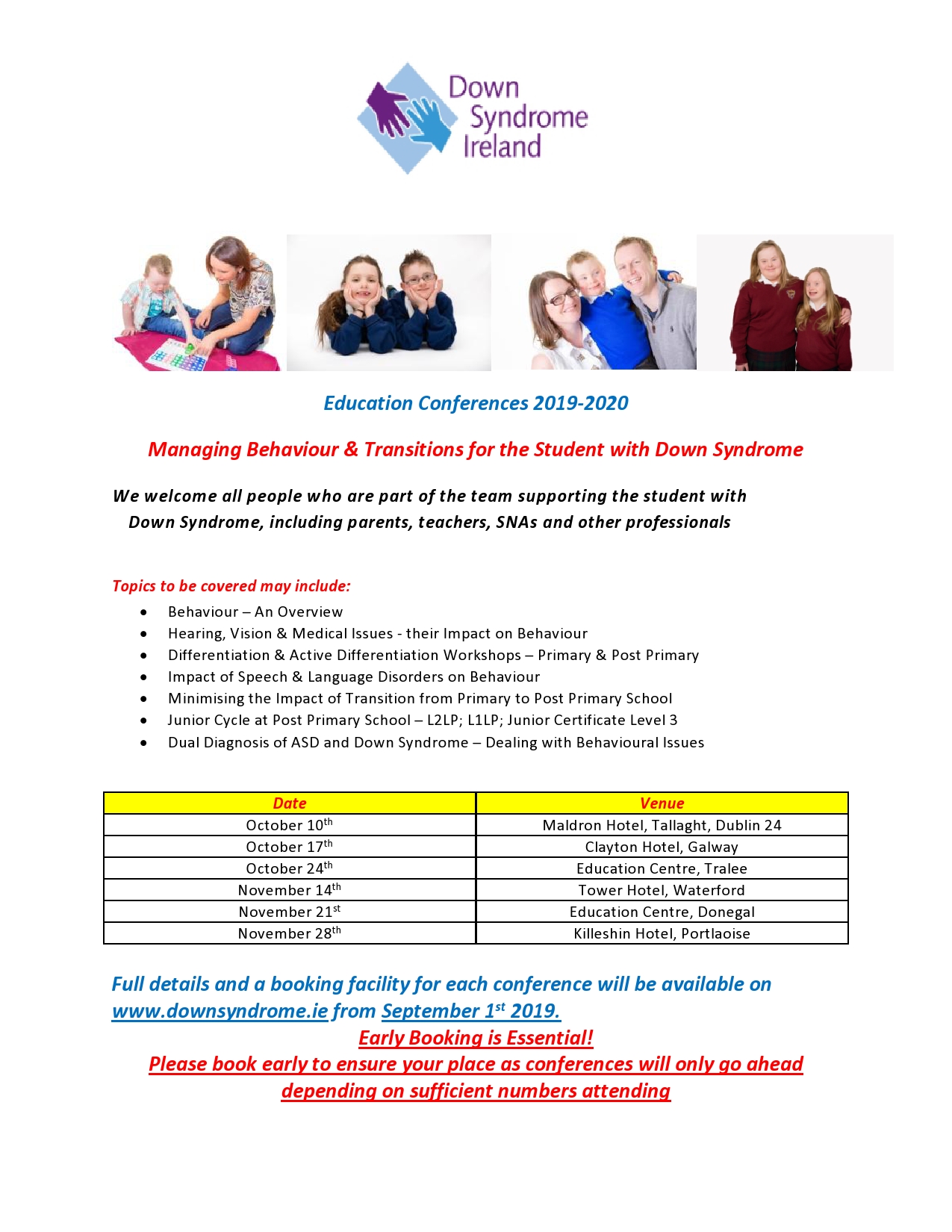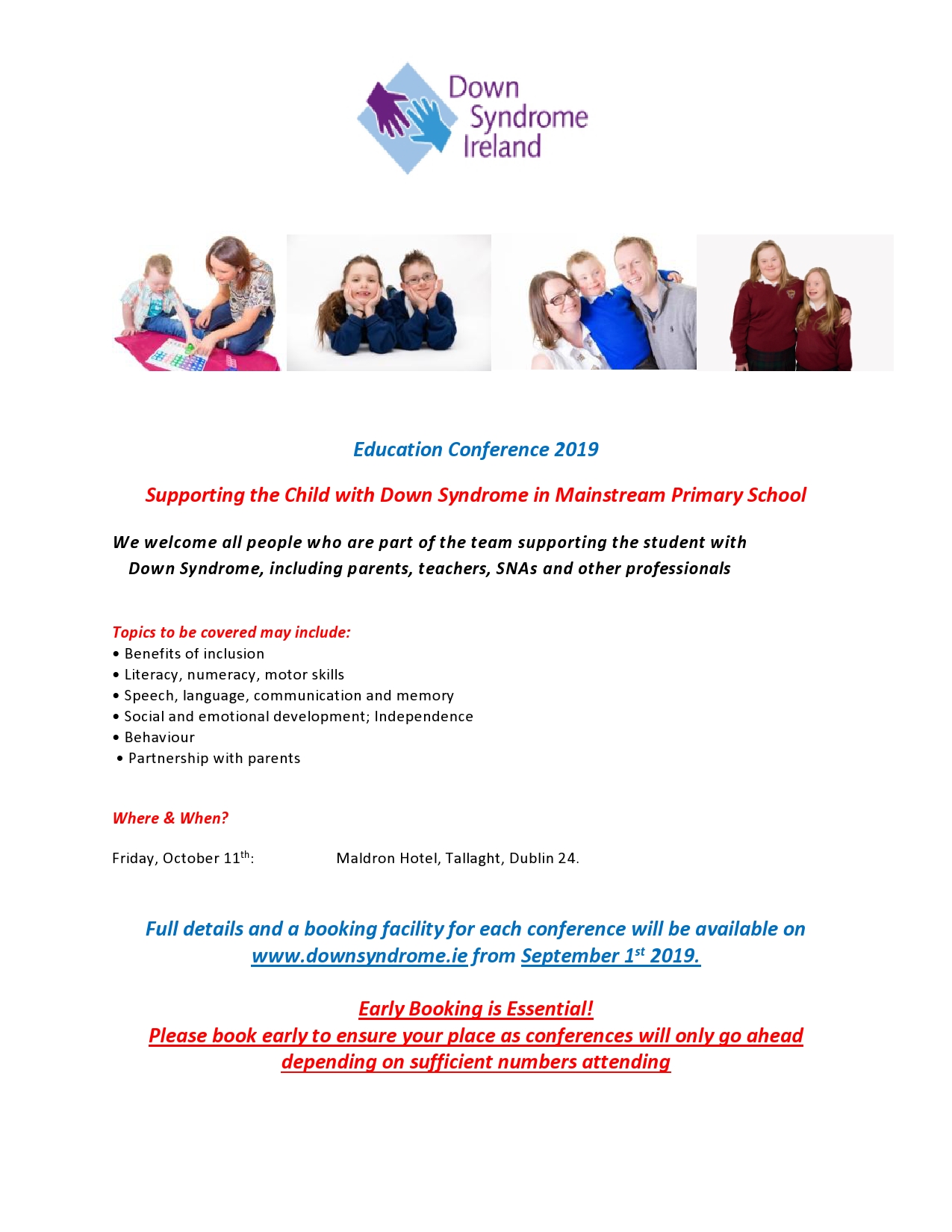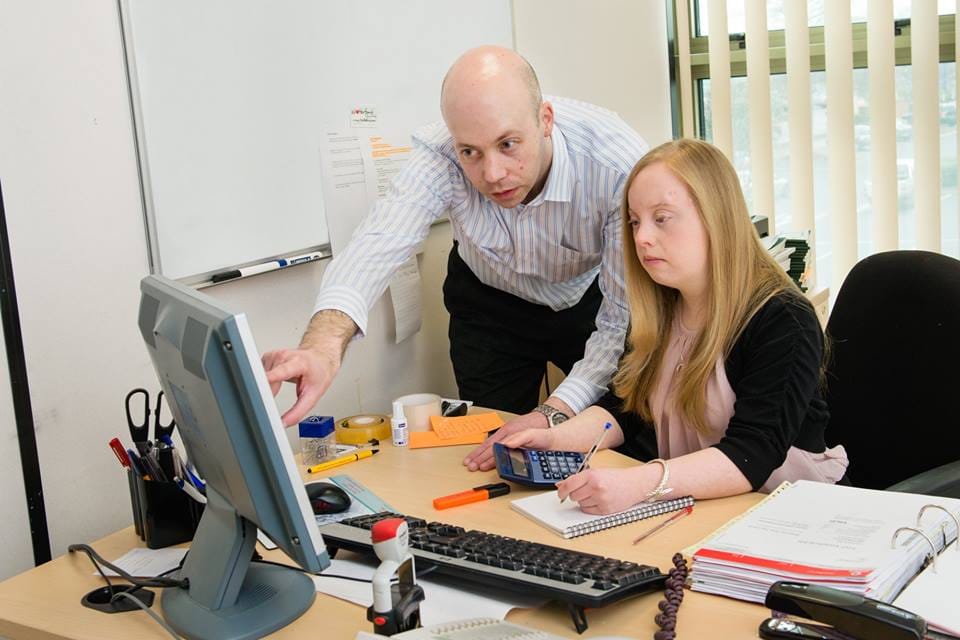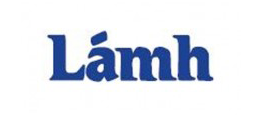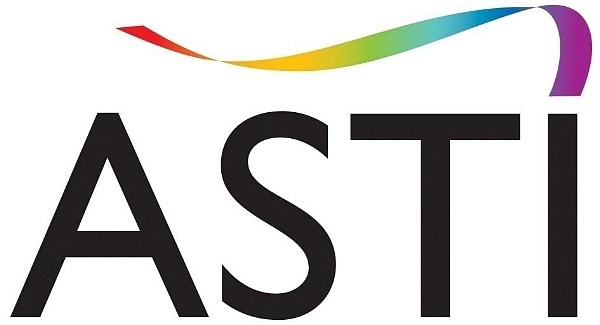Message from Gary Owens, CEO, Down Syndrome Ireland
DSI calls for IEPs to become a legal right and access to revised July Provision scheme during meeting with Minister for Education Joe McHugh
Dear Member,
We hope this email finds you well.
As you may be aware, we met with the Minister for Education and Skills Joe McHugh and Department officials to discuss the education needs for children with Down syndrome, including access to July Provision and for Individual Education Plans to be enshrined in law.
The outcome of the recent High Court actions regarding July Provision are confidential but the Department has clarified that the children were not admitted to the programme. We argued for the scheme to be extended to every child with Down syndrome for this year but, according to the Department, this is not possible.
However, the scheme as it stands is currently under review and we are happy to say – following our meetings and ‘Please Don’t Leave Us Behind’ education campaign – Down Syndrome Ireland will be strongly represented in the consultation process, which is due to take place this Autumn. We understand that there will be a needs based approach to the scheme from Summer 2020. We will continue to strongly advocate for all children with Down syndrome who wish to avail of the new scheme to be automatically eligible.
Individual Education Plans
At the meeting, we continued to call for Individual Education Plans to become a legal requirement for all children who need them, including for children with Down syndrome.
Effective planning is key to supporting a child with Down syndrome to succeed at all stages of their educational journey.
A fully inclusive education is a right, not a privilege. Down Syndrome Ireland has long campaigned for the EPSEN Act 2004 to be fully enacted so that the rights of students with additional educational needs are enshrined in law, rather than depending on encouragement from the Department of Education and Skills and the goodwill of schools and teachers.
Students with Down syndrome were recently reminded that they have no legal right to an Individual Education Plan (IEPs). IEPs are documents that identify children’s special educational needs and set goals to meet those needs. At present, IEPs are not legally required in our school system as the provision requiring IEPs in the EPSEN ACT is not implemented.
Our call comes after Teachers’ Unions the ASTI and TUI advised their members in Autumn 2018 to stop implementing IEPs for students with additional needs, such as those with Down syndrome, due to a lack of funding and adequate training provided to their members.
The answer to a Parliamentary Question about the implementation and resourcing of the EPSEN Act 2004 makes it clear that the Government accepts that the funds needed for its full implementation have not, and will not, be provided. The current Department of Education and Skills’ position seems to be that schools are encouraged to implement large parts of the EPSEN Act without having the necessary resources.
We called for a plan to be initiated immediately to ensure that teachers are resourced and trained to meet the needs of all their students.
Since then, our ‘Please Don’t Leave Us Behind’ campaign has seen us host a briefing for politicians in Leinster House, we have appeared in front of the Joint Oireachtas Education Committee, we have met directly with both Unions and met with the Department of Education and Skills. Still, nothing has changed. We remain deeply disappointed and angered that the education needs of children with intellectual disabilities remains a bargaining tool between Teachers’ Unions and the Department of Education and Skills. Children with Down syndrome are being activity discriminated against. It’s shameful that 15 years after the EPSEN Act was first became law, it has still not been fully enacted.
We continue to call for a plan to be initiated immediately to ensure that teachers are resourced and trained to meet the needs of all their students.
We will keep you posted on our progress.
Thanks and have a lovely weekend.
With very best wishes,
Gary Owens
CEO
Down Syndrome Ireland



